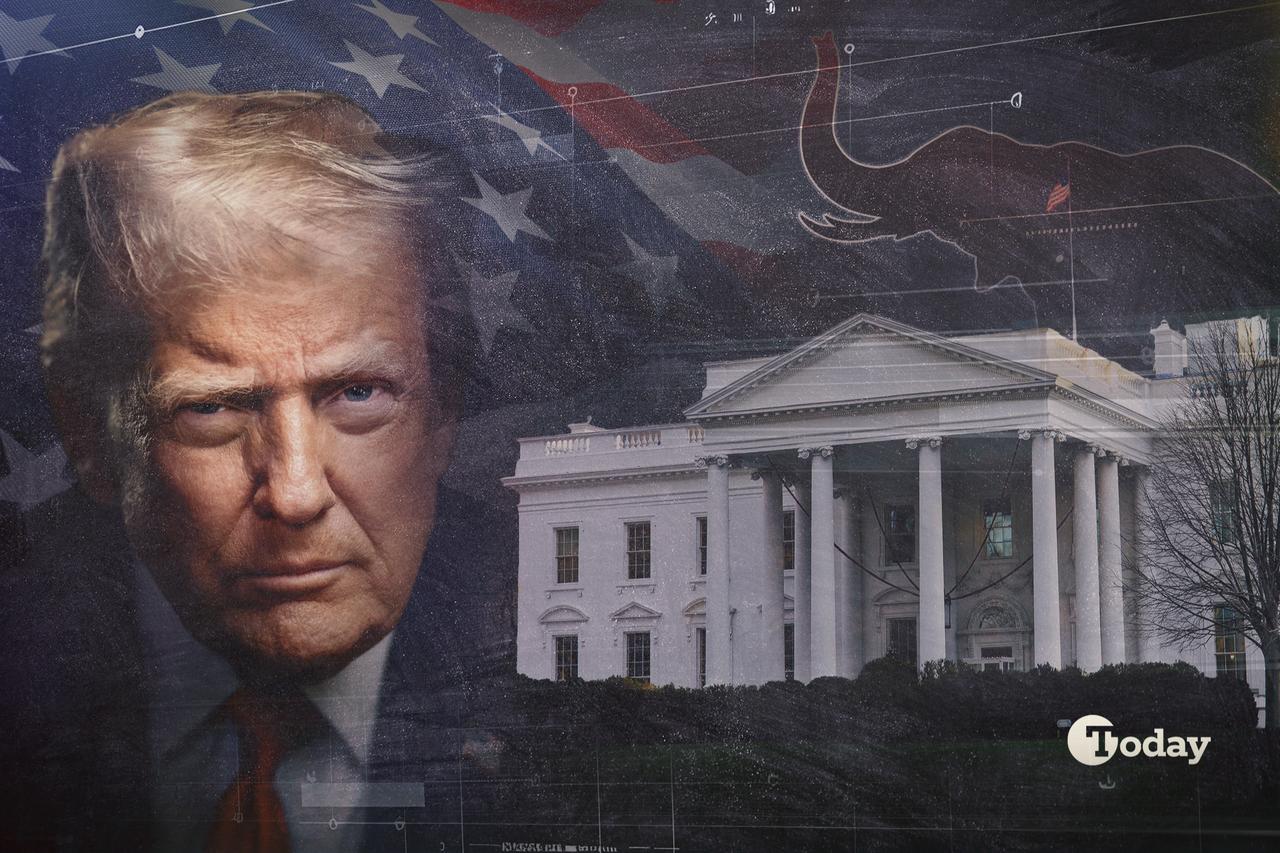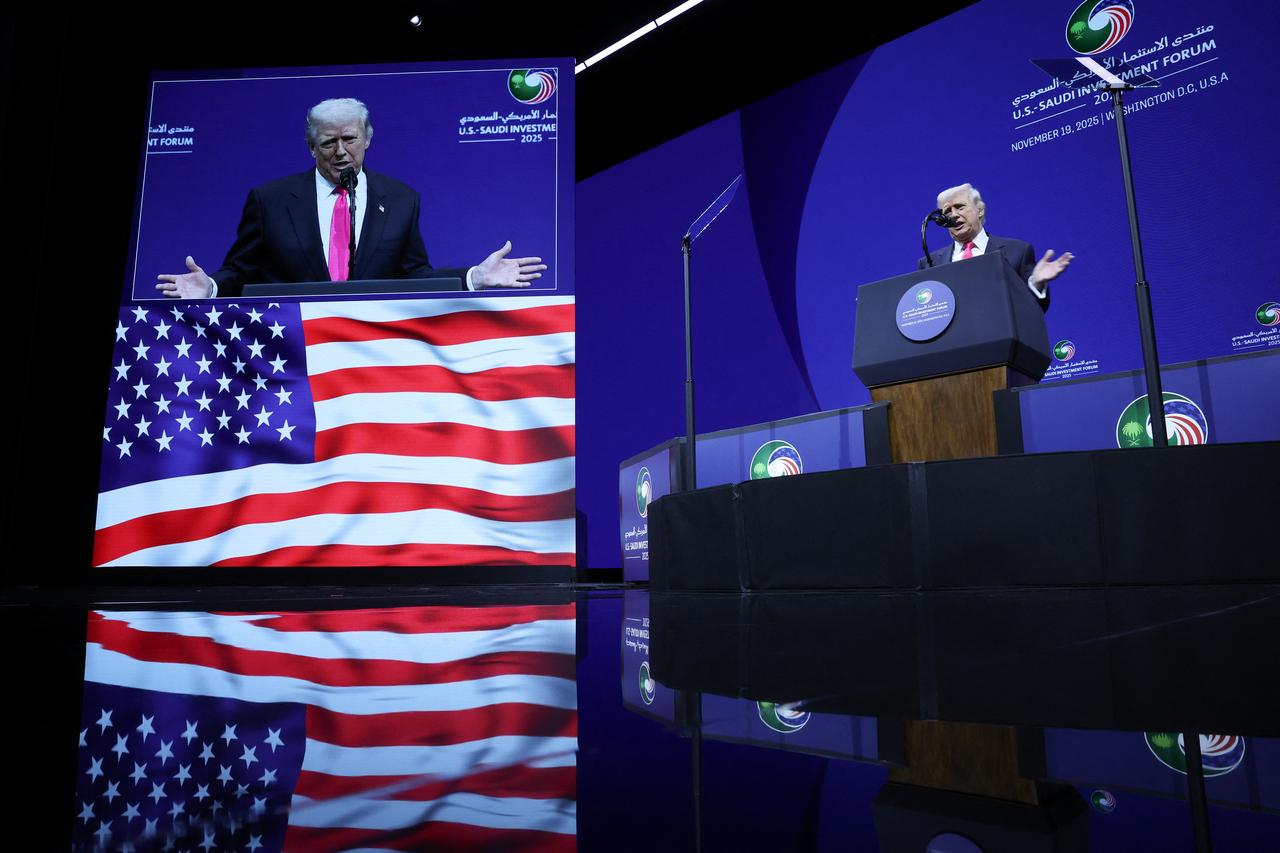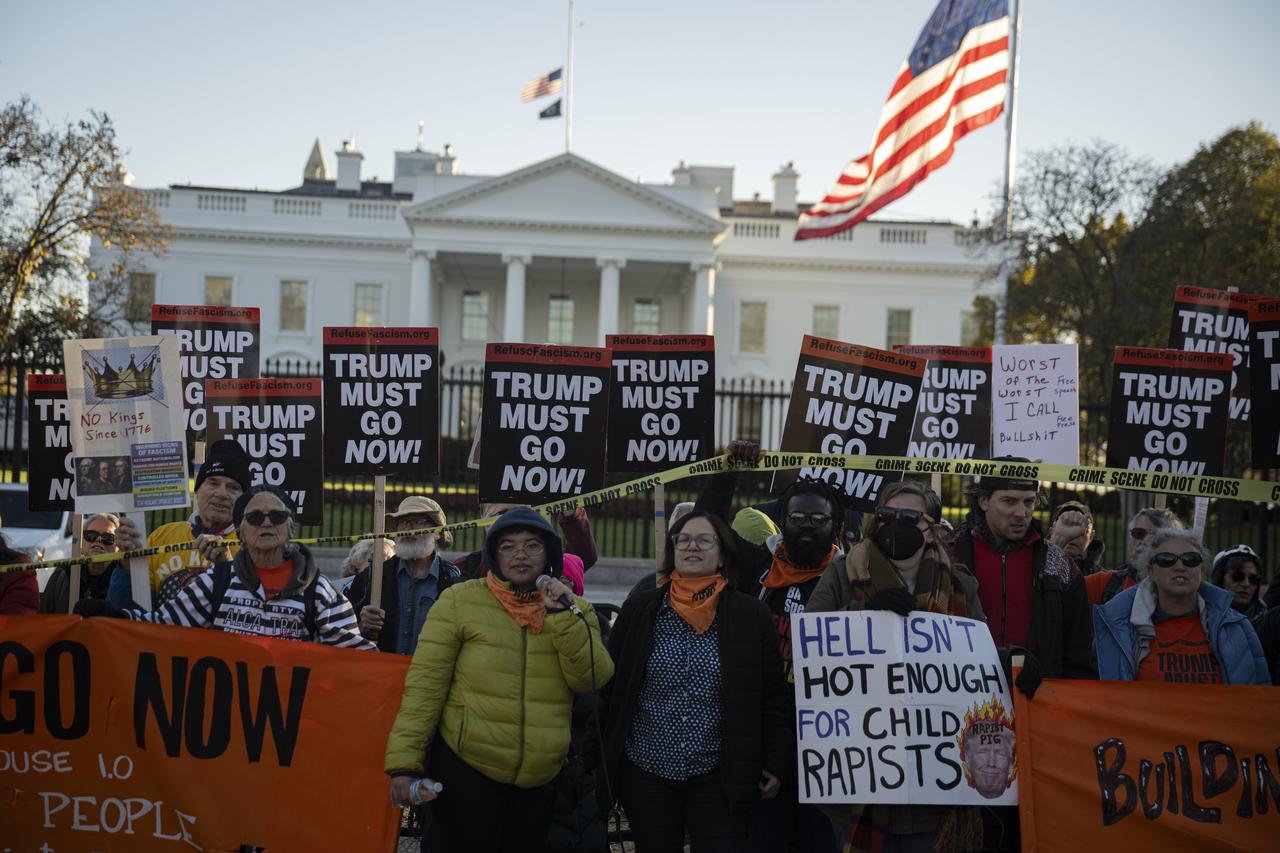
As part of the United States’ 250th-birthday celebrations in 2026, President Donald Trump, immediately upon taking office, issued an executive order with the aim of “honor(ing) the history of (our) great Nation.” The grand celebrations he planned under this order have been criticized by many historians and observers in the U.S., who fear that American history will be manipulated and that the events will turn into a spectacle for the Make America Great Again (MAGA) political agenda, becoming a show of power centered on Trump’s personality.
Although the broader commemoration project began during the Obama administration, the form it is expected to take under Trump reflects his worldview and his vision of America’s place both domestically and internationally. Domestically, MAGA and “America First” politics aim at a societal transformation. They seek to rewrite U.S. history through activities tied to the commemoration and through attempts to redesign K–12 history education—either by excluding or by minimizing the troubled past related to slavery and other painful episodes of U.S. history, or by glorifying American pride. The movement promotes a form of nationalism that elevates the military power, reinforcing martial patriotism through parades (especially in the context of the Army’s 250th birthday), through the deployment of National Guard troops in several states and transforming the Department of Defense into a “Department of War”. The agenda adopts oppositional and conservative stances toward diversity, equity, and inclusion (DEI) policies, pursuing anti-immigration policies. It wages a political war at home against individuals, institutions, and ideologies—particularly defenders of human rights and democracy—whom Trump treats nearly as internal enemies. Abroad, he promotes distrust toward multilateral institutions and traditional partners, launching trade wars and pursuing policies that undermine the foundations of the rules-based order.
Trump’s supporters describe him as a “revolutionary” seeking a U.S. national revival, whereas his critics compare him to authoritarian leaders such as those in Russia, China, and North Korea, arguing that through his domestic and foreign policies, Trump is moving America into the ranks of revisionist powers.

Memory politics extend beyond historical narratives; they are part of confronting the past—or selectively reproducing it. In the U.S., even before Trump, there were significant examples of selective approaches to historical memory. For instance, the Holocaust—Europe’s most horrific tragedy—has become an integral part of American collective memory through a federal memorial museum located near the White House and the Capitol, through public education efforts that expose even Americans unfamiliar with European history to this past, and through political leaders’ participation in remembrance ceremonies. A French historian argues that this acceptance of Holocaust memory by Americans, independent of the country’s Jewish community, may reflect an attempt to cope with guilt over the massacre of Native Americans—suggesting that the U.S., unable to directly confront its own history, instead acknowledges another genocide that did not occur on its soil.
Today, the U.S. has two Native American museums, but these institutions resemble ethnographic museums, and instead of providing a neutral historical account about Native people’s destruction, survival, and assimilation, they display ethnographic artifacts and favor a narrative of survival and continuity. Similarly, no federal museum or monument dedicated to African American heritage existed in Washington, D.C. until President Obama. The first national memory space addressing African American culture, contributions to American society, and the history of slavery—the National Museum of African American History and Culture—was opened in 2016 during Obama’s second term. Likewise, the inclusion of the Martin Luther King Jr. Memorial among Washington’s major memorials also became possible during Obama’s first term.
The Trump era, however, witnessed new initiatives characterized by historical revisionism. Activities planned for the 250th birthday celebrations and the short, selective videos published on the White House 250 website under the heading “The Story of America” are troubling for historians: they are far from representing a balanced account, instead presenting a patriotic and simplified narrative that ignores slavery and systemic racism. This approach also appeared in Trump’s stance toward the Pulitzer Prize-winning New York Times 1619 Project, which emphasizes the consequences of slavery and the contributions of African Americans. Trump criticized the project, describing it as the Left’s distortion of “the American story with deceptions, falsehoods, and lies.” In response, he established the 1776 Commission to reinstate ‘patriotism’ in American schools.

The 1776 Report, released in the final days of Trump’s first term, proposed a “patriotic education” that excluded topics such as systemic racism and critical race theory. Withdrawn in 2021, it was widely criticized for distorting the country’s racial history. Nevertheless, it inspired a new executive order in Trump’s second term titled “Restoring Truth and Sanity to American History” which also targets funding for the Smithsonian Institution’s programs which in recent years according to the executive order have been under the influence of a "divisive, race-centered ideology" as they present “American and Western values as inherently harmful and oppressive”.
Another reflection of the culture wars appears in the executive order “Ending Radical Indoctrination in K–12 Schooling,” which states that parents send their children to school “to instill a patriotic admiration for our incredible Nation and the values for which we stand”. The order was criticized by the Organization of American Historians (OAH) and the American Historical Association (AHA) for implying that “patriotism can arise only from triumphalist narratives and that students cannot form complex opinions about their nation’s past”. A further component of the order targets “gender ideology” and threatens legal action against educators and schools that “facilitate social transition” for minors without parental consent.
These domestic culture wars run parallel to political attacks on dissenting voices—particularly Democratic opponents—as well as on civil society organizations, the liberal media, and what Trump and his supporters call the “deep state,” which they claim includes people in the military, intelligence agencies, and the judiciary.
Trump attacked civil society organizations and NGOs—accusing human rights groups, immigrant-rights organizations, and Palestinian-rights groups and mainly liberal organizations of “domestic terrorism”—for defending democracy, separation of powers, for criticizing his excessive use of power, as well as for “promot(ing) anti-American, anti-capitalist, or anti-Christian ideology”. With Trump’s war on the press, major media outlets and journalists have likewise been targeted as disloyal actors, and purveyors of “fake news”.
Trump’s domestic vision—described by his supporters as a “revolution”—has involved waging war against individuals, institutions, and ideologies he sees as adversaries or even enemies. He has targeted Democrats he considers political opponents, such as former U.S. President Joe Biden, former House Speaker Nancy Pelosi, and former special counsel Jack Smith, who led major criminal cases against President Trump; the so-called “deep state,” including bureaucrats, judges, and the federal judiciary; investigators involved in his impeachments, criminal prosecutions, and the investigation into Russian interference in the 2016 election; and parts of the intelligence community, including the CIA, FBI, and even the Pentagon, which he accuses of abusing their power and targeting him. He issued a presidential decree titled “Ending the Weaponization of the Federal Government” to identify and correct “past misconduct” by law enforcement and intelligence agencies.
The same confrontational approach at home is echoed abroad in policies aimed at weakening the multilateral institutions and trade systems that the U.S.-built rules-based order represents.
With the decline of the post–Cold War liberal world order and the end of the “Pax Americana”—the U.S.-led international system established after World War II that, according to the widely accepted internationalist view in the Global North, brought peace, prosperity, and democracy—several regions around the world have come under the influence of revisionist powers (such as China, Russia, Iran, and North Korea), which challenge this order through nationalist, identity-driven politics led by powerful strongmen.
Trump’s rise to power for a second time, and his nationalist policies of "Make America Great Again” and “America First,” represent the manifestation of this global shift in the West.
Power is becoming more personalized, institutions are losing influence, and civilizational arguments are replacing universal rules. Deals are becoming transactional rather than the fruits of diplomacy. Under Trump, the U.S. is positioning itself among revisionist powers and dismantling the liberal rules-based order it once created. Examples include undermining alliances and institutions that uphold the global system, including NATO and trade agreements; adopting a strongly anti-European stance and treating European powers as burdens rather than allies; making revisionist territorial statements about Greenland or Canada; withdrawing from global engagement by dismantling USAID (the primary U.S. foreign aid agency), or downsizing the federal news agency Voice of America; attempting to apply pressure to President Zelensky to concede Ukrainian territory to Russia; supporting Israel’s war on Gaza; and applying double standards in international justice between Russia and Israel.
Post-Trump America will reveal whether the “Trump revolution” is merely a leader-driven phenomenon or represents a broader trend within American society—and whether Trump is steering the U.S. firmly toward authoritarian transformation and revisionism, and reshaping the liberal rules-based order in ways that may be irreversible.